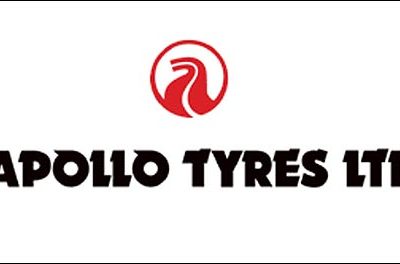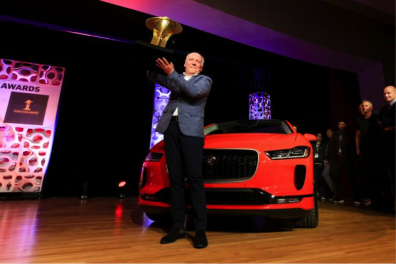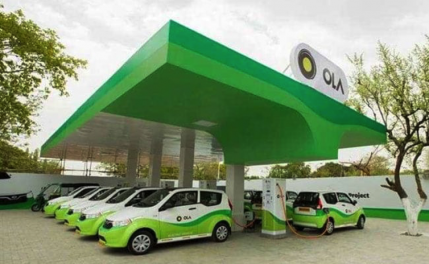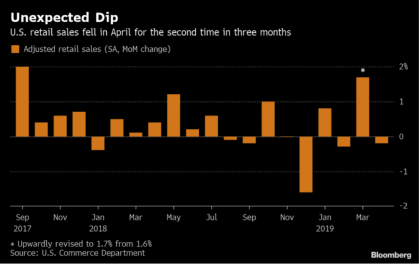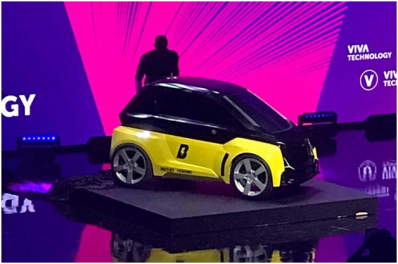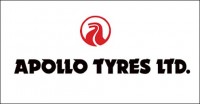 By Jeff Bennett and R. Jai Krishna – WSJ Asia Business
By Jeff Bennett and R. Jai Krishna – WSJ Asia Business
India’s Apollo Tyres Ltd. has agreed to pay about $2.5 billion for Cooper Tire and Rubber Co., one of the largest U.S. acquisitions by an Indian company as the two tire makers seek to bulk up to compete with bigger global rivals.
Apollo, which is about half the size of Cooper in terms of revenue, will issue debt to pay a 43 percent premium to acquire the larger U.S. company. Cooper, which is based in Findlay, Ohio, is the second biggest U.S. tire maker behind Goodyear Tire and Rubber Co.
The Indian company, which gets two-thirds of its revenue from its home market, expects the acquisition will boost its exposure to the U.S. market.
The deal, expected to be completed later this year, marks another in a string of recent acquisitions of U.S. auto-parts companies by Asian suppliers that have benefited from growing sales in emerging markets and sought to acquire brands and customers in the U.S.
“This creates a solid, global company,” Apollo Vice Chairman Neeraj Kanwar said. He said he wants to leverage Cooper’s independent dealer network to sell Apollo tires in the U.S. and use Apollo’s international outlets to sell more Cooper brands.
With combined annual revenue of about $6 billion, the merged company would still be far smaller than competitors such as Bridgestone Corp. which had revenue of $35.11 billion last year and Goodyear, which had 2012 revenue of $22.8 billion.
“Apollo knows that to stay relevant in this market they need to get bigger and they get bigger by acquiring a company that has credibility, said Argus Research senior analyst Bill Selesky. “This [deal] gives Apollo credibility.”
Apollo said Cooper’s management would continue to run the business and there were no plans to cut production in the U.S. Cooper gets about 70% of its revenue in North America and employs about 13,000 people globally.
“There is a lot of fear of the unknown,” said United Steelworkers local President Rodney Nelson. The USW represents about 900 workers at the Findlay plant. “Not only are we getting bought out by a company that is out of the city, it’s out of the state and the country. We will have meetings next week to try and address the membership questions. They said they are going to honor our contracts but nothing is guaranteed.”
The deal, expected to be completed this year, marks another in a string of large overseas acquisitions by Indian companies, including Tata Motors $2.3 billion takeover of Jaguar Land Rover in 2008 and Bharti Airtel Ltd.’s $9 billion purchase an African mobile operator in 2010.
Cooper traces its roots to 1914 and the M and M Manufacturing Co. During World War II, the company shifted to wartime production of inflatable rafts and pontoon bridges. It changed its name to Cooper Tire and Rubber in 1946 and has been traded on the New York Stock Exchange since 1960.
Cooper Tire Sale Biggest Indian Purchase of U.S. Company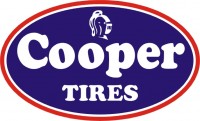
Cooper recorded $4.2 billion in sales for last year but its business has been hurt by inexpensive imports from Asia. Almost 60 percent of its products are sold through independent dealers and stores.
“This will help us get to scale and resources that we need to compete on a global basis. Cooper Tire has been performing well but our stock was undervalued, and Apollo saw the value,” Cooper Chief Executive Roy Armes said. “Our two organizations have almost no geographic overlap and significant opportunities for growth,” he added.
Cooper, the 11th-largest tire company by revenue world-wide, sells such brands as Cooper, Mastercraft, Starfire, Chengshan and Roadmaster. It primarily sells passenger-car and light-truck tires in replacement markets, such as retail tire stores and independent repair shops.
Cooper has had a rough past decade, relying on the North America market and squeezing earnings from selling lower-priced tires. The company had been finding success moving to more high-end tires but the process has been slow.
It warned this year of “continuing and new challenges” to its operating results and predicted sluggish 2013 demand. Its operating profit was $397 million last year, up from $163 million a year earlier.
Under the deal, which has been approved by the companies’ boards, Cooper shareholders would receive $35 a share, a 43% premium to Cooper’s closing stock price on Tuesday. Cooper shares rose 41%, or $10.10, to $34.66 in 4 p.m. trading Wednesday on the New York Stock Exchange.
The deal would more than triple Apollo’s annual revenue and offer an opportunity to increase its sales to global auto makers. Apollo supplies Germany’s Volksvagen South Korea’s Hyundai Motor Co. Tata Motors Ltd. and the Maruti Suzuki unit of Japan’s Suzuki Motor Corp. Corp.
Apollo plans to finance its purchase by issuing seven-to-eight-year bonds, said Mr. Kanwar, the Apollo vice chairman. Apollo, which was started in 1972 and is based in Gurgaon, India, posted revenue of 127.9 billion rupees ($2.2 billion) for the fiscal year ended March 31. The company gets about 67 percent of its revenue from India and the rest from Europe and Africa. It has nine factories and exports tires to 118 countries.
The deal marks another in a string of recent acquisitions of U.S. auto-parts companies by Asian suppliers that have benefited from growing sales in emerging markets.
China’s Wanxiang Group, paid $256.6 million for U.S.-based A123 Systems’ automotive-battery business and related assets in December. Beijing West Industries bought Delphi’s suspension and brake units in 2009, and Pacific Century Motors, part of China’s Aviation Industry Corp., bought steering supplier Nexteer Automotive from General Motors Co. in 2010 for $450 million.
—Sean McLain and Tess Stynes contributed to this article.

